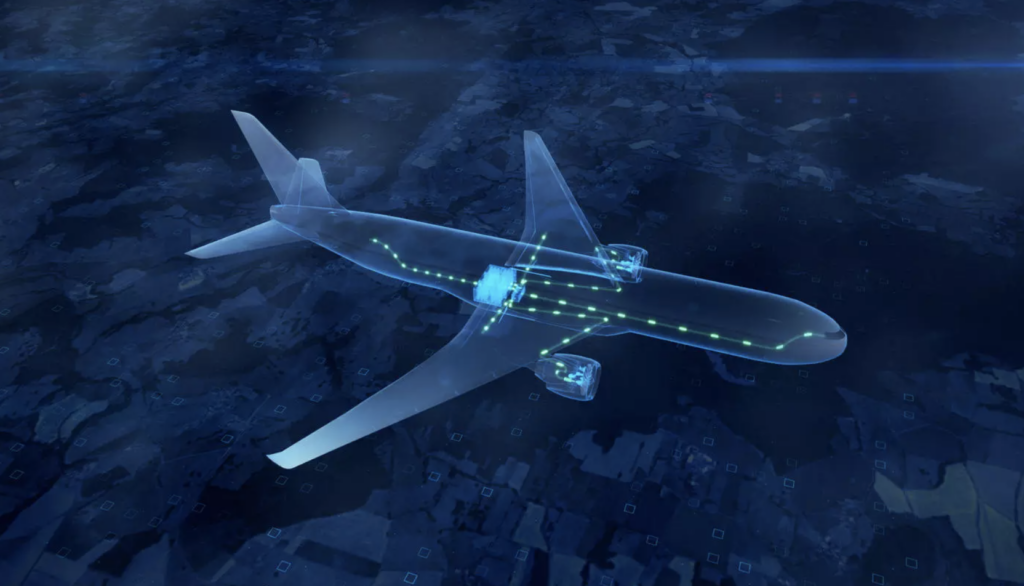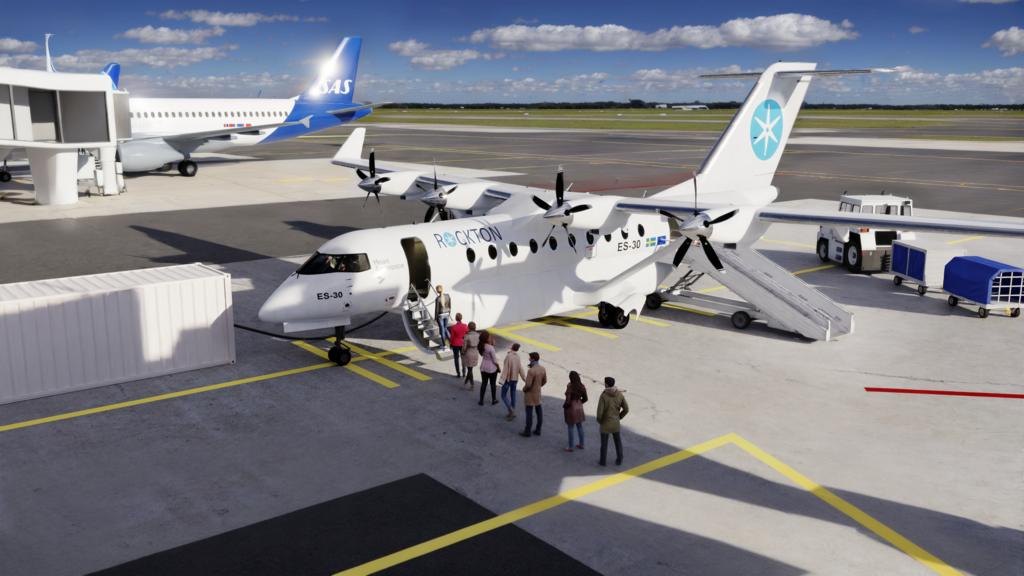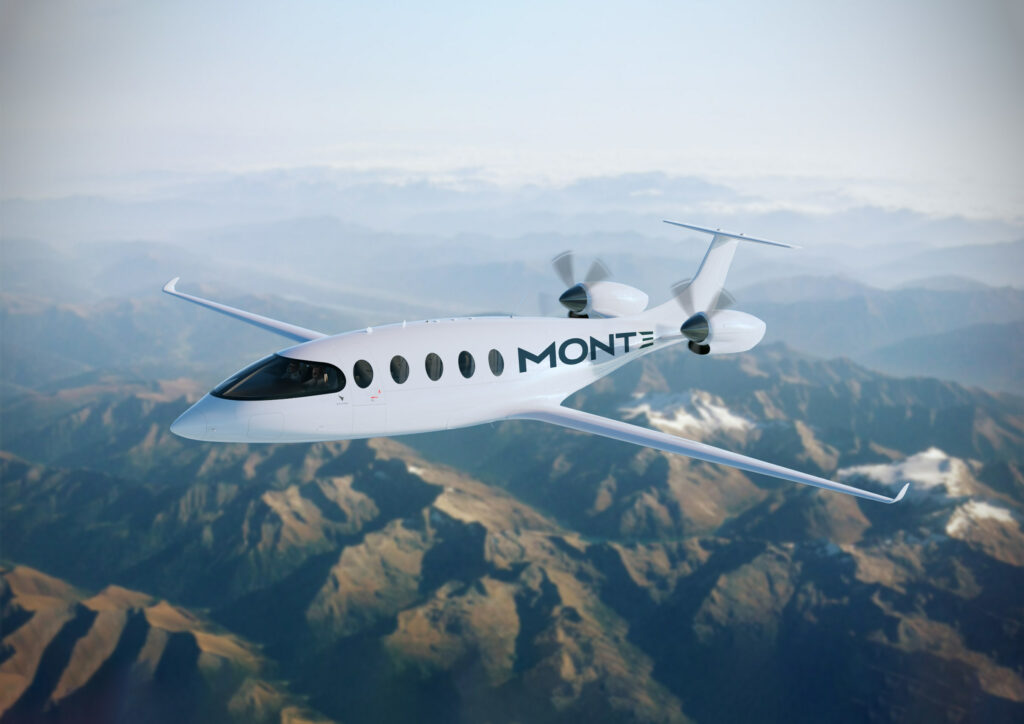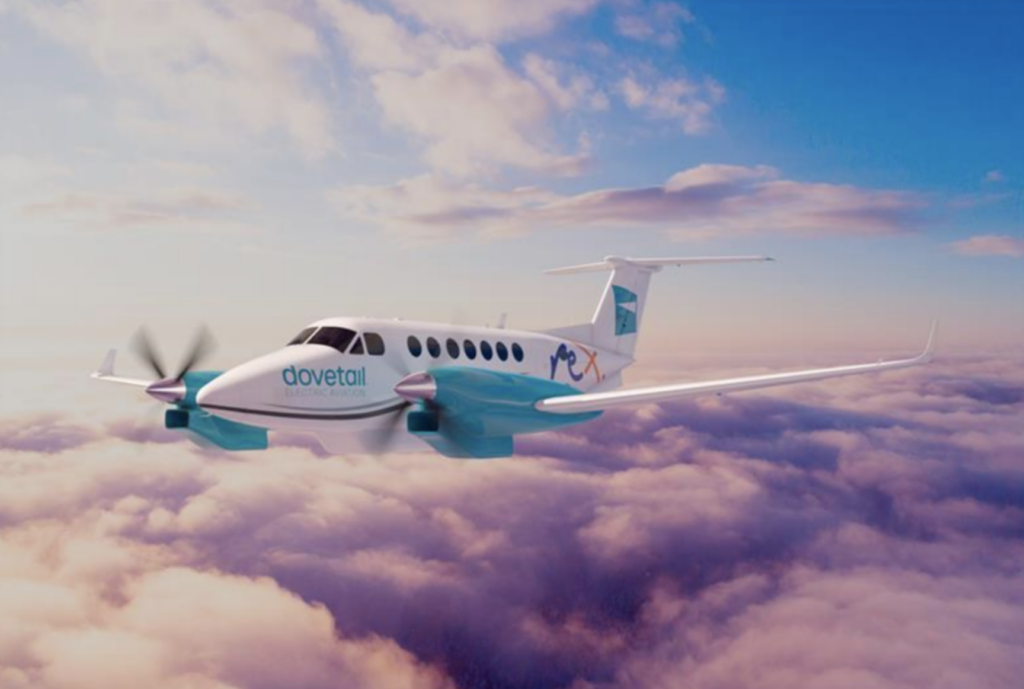Electric Aviation Continues to Progress in 2023


In this article, we take a look at some of the advancements made in electric aviation since the start of 2023. (Photo: Airbus)
In recent years, the aviation industry has fallen under intense scrutiny for its environmental impact. The industry is heavily dependent on fossil fuels and is also a source of carbon dioxide emissions. Because of this, the industry has begun to invest in new electric and hybrid-electric technologies that will make flying more sustainable. This year has seen some significant milestones for this new technology as it slowly becomes more mainstream in the industry.
Heart Aerospace is one of many firms leading the movement toward electric aviation. The aerospace technology company has been developing a brand-new electric regional airliner named the ES-30. This program received an order for up to 40 ES-30s from aircraft lessor Rockton in early May. This company, which has a mission to accelerate the introduction of more sustainable technology to the aviation industry, believes that the ES-30 will assist operators in becoming carbon neutral, minimizing their impacts on the climate.

Rockton Heart ES-30 at the gate (Photo: Heart Aerospace/Rockton)
An order like this is good news for Heart Aerospace, as aircraft leasing companies own over half of the world’s aircraft fleet. Powered by a battery rather than traditional jet fuel, the aircraft will utilize electric motors to carry about 30 passengers in a standard configuration. The aircraft can travel roughly 125 miles (200 kilometers) on fully electric power but also has a hybrid range of up to 250 miles (400 kilometers) when carrying 30 passengers. However, with just 25 passengers, the ES-30 has the potential to travel up to 500 miles (800 kilometers). Heart’s new aircraft now has 250 firm orders.
Other aircraft lessors have also demonstrated interest in new electric aircraft. In May, Eviation, a firm developing a zero-emissions aircraft (Alice), announced that sustainable aviation-focused regional aircraft lessor MONTE signed a Letter of Intent for up to 30 aircraft. MONTE plans to offer financing and leasing options for Alice to its customers across the world, providing them with both the aircraft and the necessary infrastructure (like charging stations) for smooth operations.

“The need to accelerate technological solutions to climate change, such as Eviation’s Alice, is becoming ever more urgent.” – Loic Questiaux, Sales Director, EMEA, at Eviation (Photo: Eviation/MONTE)
The Alice aircraft is a “clean sheet” design that seats nine passengers. Equipped with an electric propulsion system, the aircraft produces zero carbon emissions during flight. Furthermore, Alice is anticipated to be significantly less expensive to operate when compared to today’s turboprops and light jets, making many new markets available for operators.
Both of these aircraft orders highlight the increasing pressure the industry and its stakeholders feel to roll out cleaner technology. As Loic Questiaux, Sales Director of Eviation explains, “The need to accelerate technological solutions to climate change, such as Eviation’s Alice, is becoming ever more urgent. Just one month ago, the UN’s Intergovernmental Panel on Climate Change warned that the planet is likely to pass the threshold of 1.5C warming over pre-industrial temperatures by the early 2030s, a tipping point for the planet’s climate. By supporting groundbreaking innovations such as Alice, MONTE is helping to advance much-needed innovation in confronting one of the greatest challenges facing mankind.”
The progress made in the electric aviation space during the course of 2023 can be seen beyond aircraft orders. Many firms aiming to develop electric aircraft have received more funding to help design, build, and launch new technologies. One of these firms is Dovetail Electric Aviation, which is currently working to develop its own electric propulsion system. While it successfully completed ground tests in February, Dovetail received further good news in April when Australia-based Regional Express (REX) announced it would be acquiring a 20% stake in the company. This follows the partnership they started back in July 2022, in which the two companies collaborated to certify the retrofitting of electric engines on existing aircraft.

“This equity participation agreement comes on the heels of the successful completion of initial ground tests involving Dovetail’s small-scale Electric Propulsion System (EPS), marking a major milestone in the company’s mission to convert turbine-powered aircraft to electric, emission-free propulsion.” (Photo: Dovetail/REX)
Now an investor, Rex will appoint one of its board members to Dovetail’s board. As part of the strengthening relationship between the two companies, Rex will provide a testbed aircraft to support maintenance and overhaul activities associated with the new system.
The mission to produce and launch electric aircraft has made significant progress during the course of this year. From increased funding to new aircraft orders, it seems operators and investors alike see the importance that this developing technology has for improving the sustainability of air transport.
The post Electric Aviation Continues to Progress in 2023 appeared first on Avionics International.
—————
Boost Internet Speed–
Free Business Hosting–
Free Email Account–
Dropcatch–
Free Secure Email–
Secure Email–
Cheap VOIP Calls–
Free Hosting–
Boost Inflight Wifi–
Premium Domains–
Free Domains





